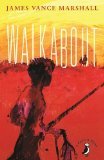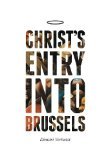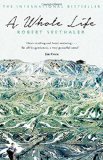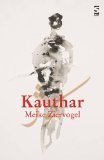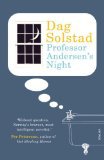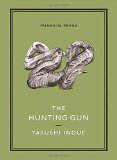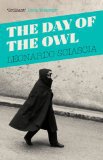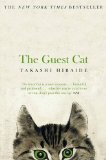Five words from the blurb: Australia, outback, survival, Aboriginal, cultures
Walkabout is a classic book about two American children who become stranded in the Australian outback after a plane crash. They are rescued by an Aboriginal boy who teaches them how to survive in this difficult climate. It is a short, easy read that is written for children, but I think this powerful book deserves an adult audience too.
Walkabout was first published in 1959. It reads like an Australian classic, but was actually written by an English author who spent time studying the country. The descriptions of the Australian landscape were superb and I was particularly impressed by the details of the Aboriginal culture, many of which were new to me.
I read it to my sons (aged 8 and 10) and they both enjoyed it – particularly the scenes involving the Australian wildlife.
On the topmost branch of a gum tree that overhung the gully, there alighted a bird: a large, grey-backed bird, with tufted poll and outsized beak. Its eyes, swivelling separately, searched the gully for food; but instead of the hoped-for frog or snake sunning itself on the rock, it saw the children. The kookaburra was puzzled. The presence of these strange interlopers, it decided, deserved to be announced. It opened wide its beak, and a continuous flow of grating, melodious notes shattered the calm of the gully.
The overall message of the book is one of tolerance and understanding between different cultures, so it was useful to use this text to explain issues around racism. The only problem was the strength of language. I was quite shocked by some of it and deliberately toned down the racist language when reading this to my boys.
This is an atmospheric little book with a simple, but engaging story. I can see why it is a set text in many schools and recommend it to those who enjoy reading about the natural world.

.
